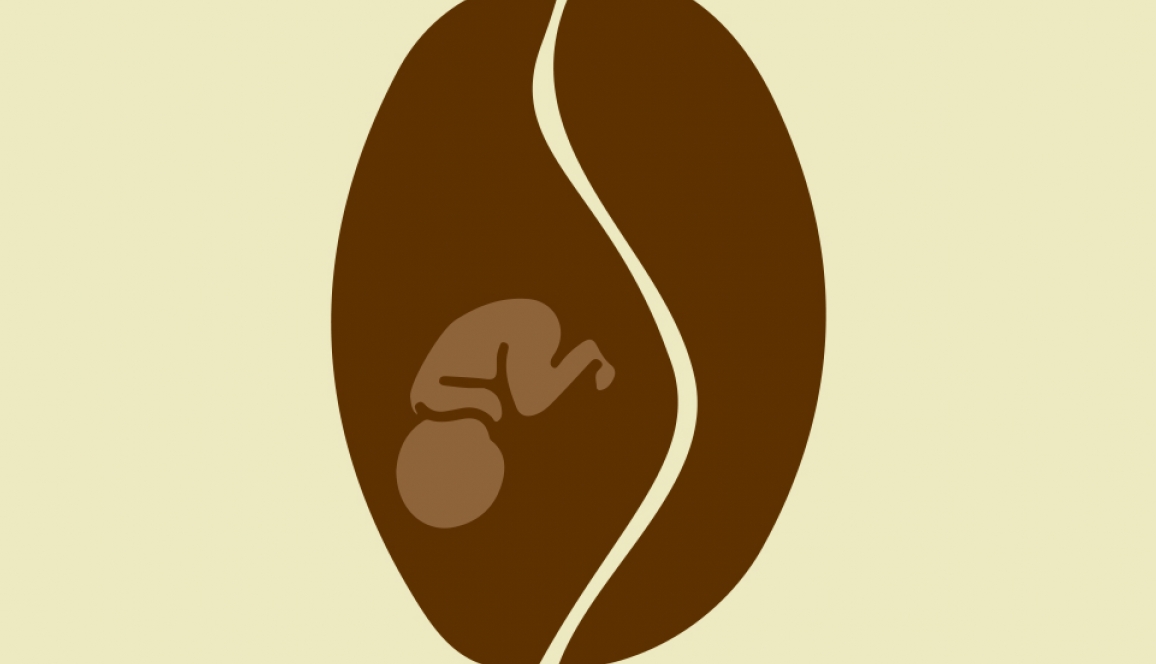Caffeine may boost energy, improve focus, and relieve headaches. However, when consumed in large amounts during pregnancy, it may be linked to outcomes such as an increased risk of miscarriage and low birth weight. Caffeine crosses the placenta and is transferred to the fetus. The fetus is therefore exposed to caffeine when the mother consumes it. However, the fetus lacks the cytochrome P450 1A2 enzyme that breaks down the caffeine in children and adults. As a result, the fetus is incapable of metabolizing caffeine, and caffeine that enters its circulation is not eliminated. To reduce the risk of caffeine’s harmful effects on pregnancy and the fetus, pregnant women should limit their daily caffeine intake to 200 mg. If you're having trouble, your doctor or another health professional can advise you on how to reduce your caffeine consumption.
Article

How much caffeine is safe to consume while pregnant?
How much caffeine is safe to consume while pregnant?







You can also comment on this article